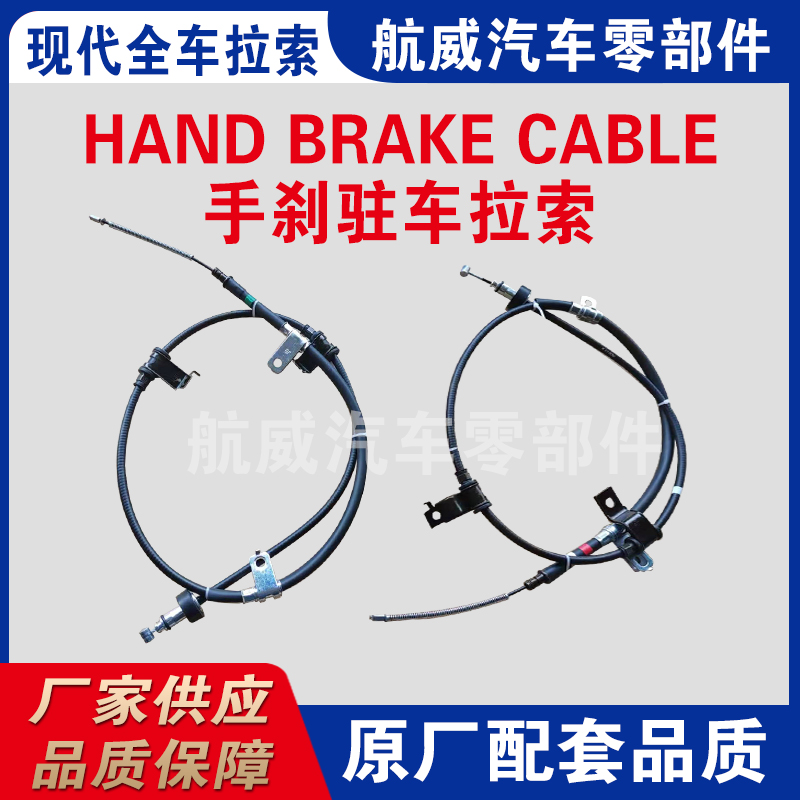Understanding the Importance of Quality Clutch Fluid Hoses for Optimal Vehicle Performance and Safety
Understanding Clutch Fluid Hose An Essential Component of Vehicle Performance
The clutch fluid hose is a critical component in the manual transmission system of vehicles, playing a crucial role in the functionality and performance of the clutch. This article aims to explore the significance of the clutch fluid hose, its function, potential issues, and maintenance tips to ensure optimal vehicle performance.
What is a Clutch Fluid Hose?
The clutch fluid hose is a flexible tube that connects the clutch master cylinder to the slave cylinder. It is an integral part of the hydraulic clutch system, which uses hydraulic pressure to disengage the clutch when the driver presses the pedal. This mechanism allows for smoother vehicle operation, enabling seamless gear shifts and optimal performance.
Function of the Clutch Fluid Hose
When the driver depresses the clutch pedal, the master cylinder generates hydraulic pressure through the clutch fluid. This pressure travels through the clutch fluid hose and reaches the slave cylinder, which then pushes the clutch release fork to disengage the clutch plate from the engine, allowing the driver to change gears. Once the pedal is released, the hydraulic pressure decreases, allowing the clutch to re-engage.
The efficiency of this system largely depends on the integrity of the clutch fluid hose. If the hose remains intact and free of leaks, the hydraulic pressure will effectively control the clutch mechanism.
Potential Issues with the Clutch Fluid Hose
Despite its robust construction, the clutch fluid hose can encounter several issues over time. One of the most common problems is wear and tear due to exposure to heat, vibration, and environmental factors. Over time, the material can become brittle or develop cracks, leading to fluid leaks. A leaking clutch fluid hose can cause a significant drop in hydraulic pressure, resulting in difficulty in disengaging the clutch, which can hamper driving performance.
clutch fluid hose

Another issue is contamination of the hydraulic fluid. If the clutch fluid hose is compromised, dirt and debris can enter the system, leading to potential damage to the master and slave cylinders. Regular checks for fluid leaks and overall condition of the hose can help identify issues before they escalate.
Maintenance Tips for Clutch Fluid Hose
Maintaining the clutch fluid hose is essential for the longevity and performance of your vehicle. Here are a few tips
1. Regular Inspections Periodically check the clutch fluid hose for signs of wear, such as cracks, bulges, or leaks. Early detection can prevent more severe problems down the road.
2. Fluid Replacement Ensure that you are using the correct hydraulic fluid as specified by your vehicle manufacturer. Contaminated or incorrect fluid can lead to system failure.
3. System Flush Consider flushing the hydraulic system periodically to remove any build-up of contaminants. This procedure helps maintain optimal hydraulic performance and prolongs the life of the clutch components.
4. Professional Servicing If you experience difficulties in shifting gears or notice any fluid leaks, it’s advisable to bring your vehicle to a qualified mechanic. Professional technicians can diagnose and address any issues with the clutch system accurately.
Conclusion
The clutch fluid hose is an essential element of a vehicle’s manual transmission system. Understanding its function and staying vigilant about its maintenance can greatly enhance the performance and reliability of your vehicle. By taking proactive measures to care for your clutch fluid hose, you can ensure a smoother and more enjoyable driving experience. Regular inspections and timely repairs can go a long way in maintaining the overall health of your vehicle’s transmission system.
-
Upgrade Your Control with Premium Throttle CablesNewsAug.08,2025
-
Stay in Control with Premium Hand Brake CablesNewsAug.08,2025
-
Experience Unmatched Performance with Our Clutch HosesNewsAug.08,2025
-
Ensure Safety and Reliability with Premium Handbrake CablesNewsAug.08,2025
-
Enhance Your Vehicle with High-Performance Clutch LinesNewsAug.08,2025
-
Elevate Your Ride with Premium Gear CablesNewsAug.08,2025
